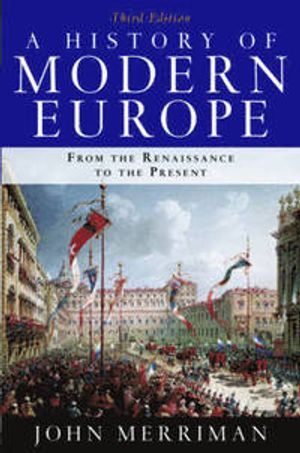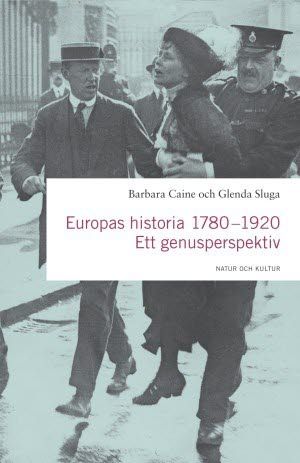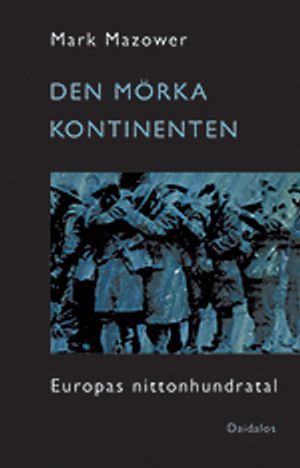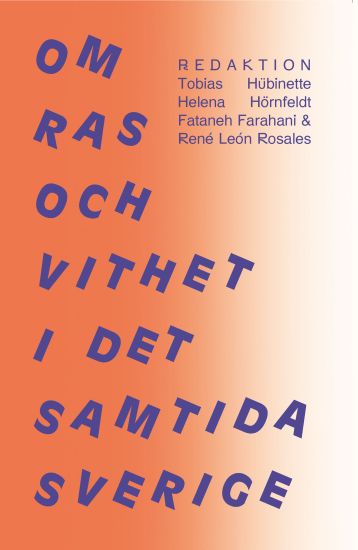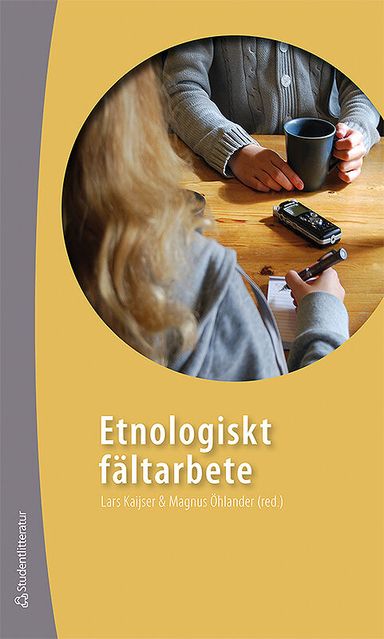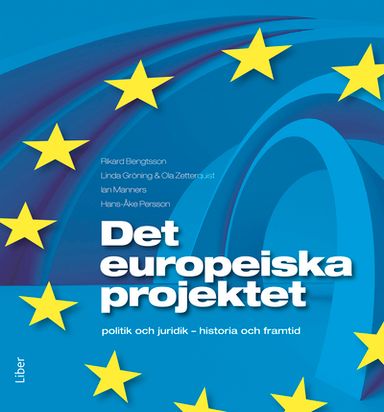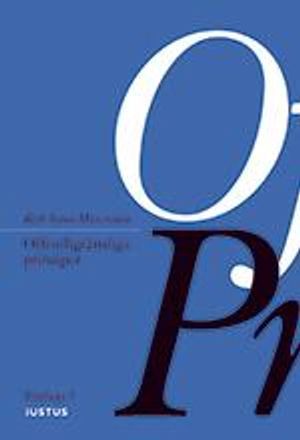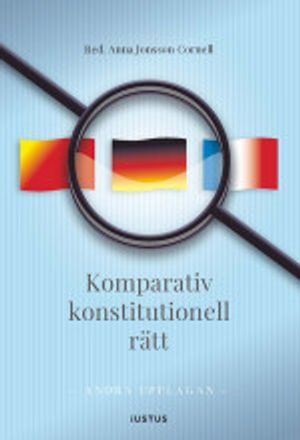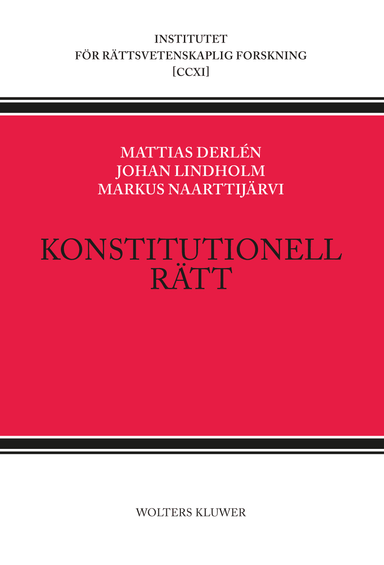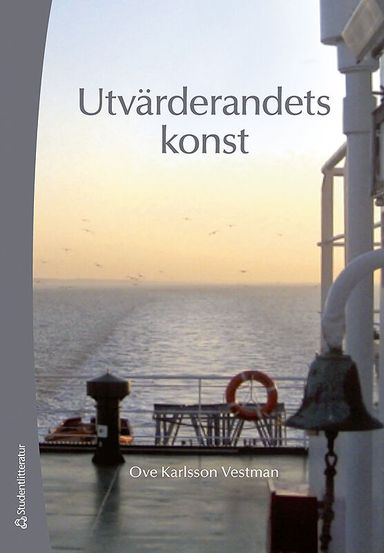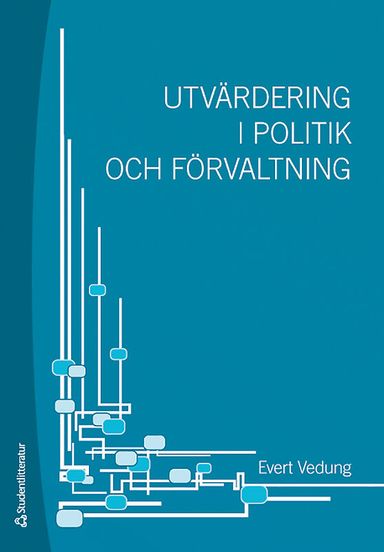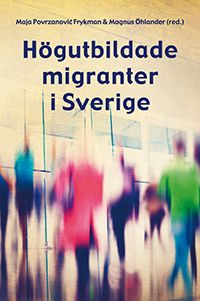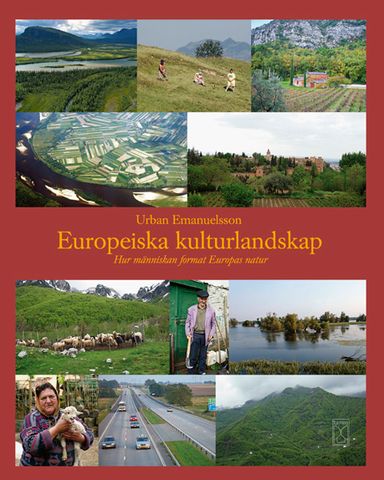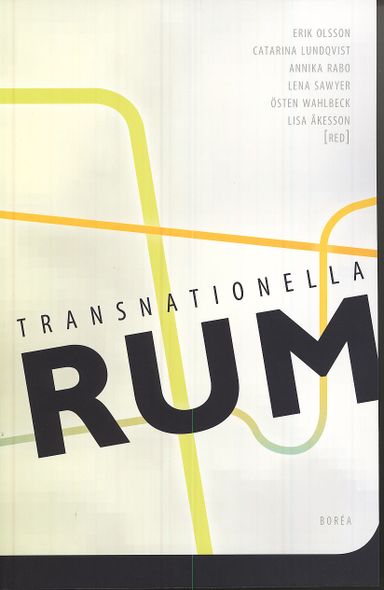

Religion in Modern Europe Upplaga 1
- Upplaga: 1a upplagan
- Utgiven: 2000
- ISBN: 9780199241248
- Sidor: 230 st
- Förlag: OUP Oxford
- Format: Häftad
- Språk: Engelska
Om boken
Religion in Modern Europe examines religion as a form of collective memory. This is a memory held in place by Europe's institutional churches, educational systems, and the mass media - all of which are themselves responding to rapid social and economic change. Europe's religious memory is approached in the following ways: as vicarious-a particularly European characteristic, as precarious-especially among young people, and as it is portrayed by the media. The memory may fragment, be disputed, and in extreme cases, disappear. Alternatives may emerge. The challenge for European societies is to affirm healthy mutations in religious memory and discourage others. The book also examines the increasing diversity of Europe's religious life. European Societies Series Series Editor: Colin Crouch Very few of the existing sociological texts which compare different European societies on specific topics are accessible to a broad range of scholars and students. The European Societies series will help fill this gap in the literature, and attempt to answer questions such as: Is there really such a thing as a 'European model' of society? Do the economic and political integration processes of the European Union also imply convergence in more general aspects of social life, like family or religious behaviour? What do the societies of Western Europe have in common with those further to the east? This series will cover the main social institutions, although not every author will cover the full range of European countries. As well as surveying existing knowledge in a way that will be useful to students, each book will also seek to contribute to our growing knowledge of what remains in many respects a sociologically unknown continent.
Åtkomstkoder och digitalt tilläggsmaterial garanteras inte med begagnade böcker
Mer om Religion in Modern Europe (2000)
I augusti 2000 släpptes boken Religion in Modern Europe skriven av Grace Davie. Det är den 1a upplagan av kursboken. Den är skriven på engelska och består av 230 sidor. Förlaget bakom boken är OUP Oxford.
Köp boken Religion in Modern Europe på Studentapan och spara uppåt 56% jämfört med lägsta nypris hos bokhandeln.
Tillhör kategorierna
Referera till Religion in Modern Europe (Upplaga 1)
Harvard
Davie, G. (2000). Religion in Modern Europe. 1:a uppl. OUP Oxford.
Oxford
Davie, Grace, Religion in Modern Europe, 1 uppl. (OUP Oxford, 2000).
APA
Davie, G. (2000). Religion in Modern Europe (1:a uppl.). OUP Oxford.
Vancouver
Davie G. Religion in Modern Europe. 1:a uppl. OUP Oxford; 2000.
